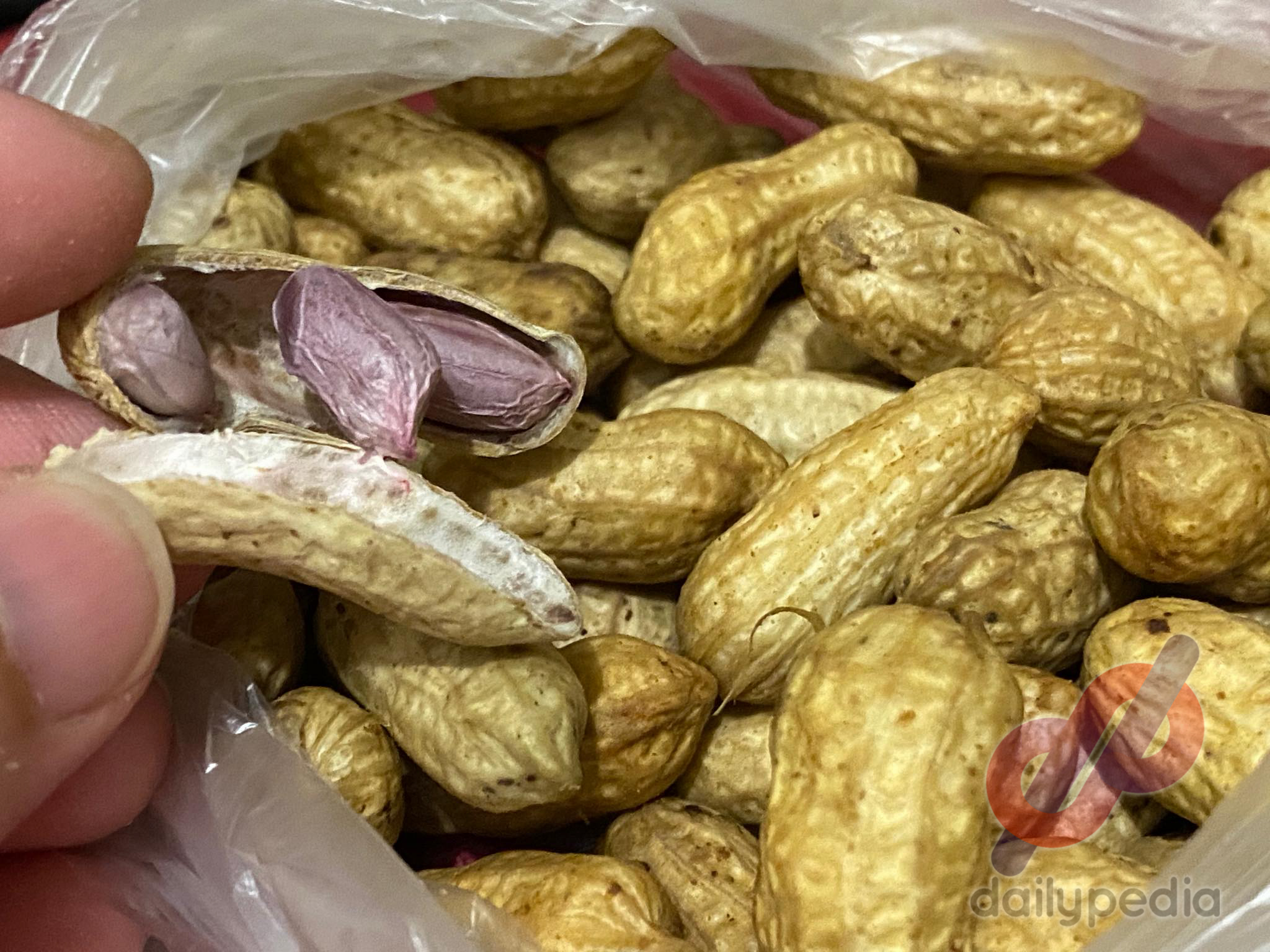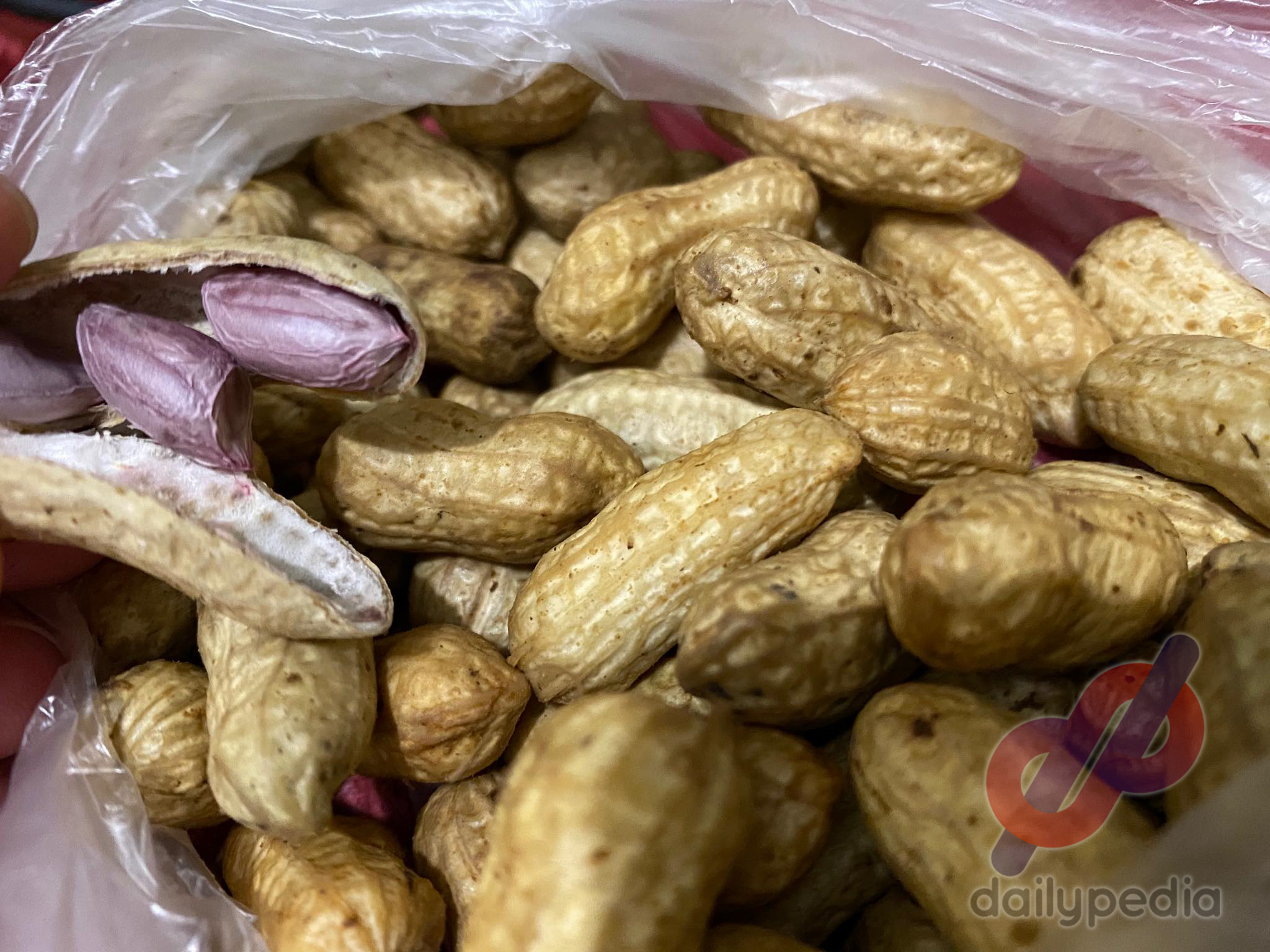- Nuts are filled with Omega 3 fatty acids which help prevent heart diseases
- Walnuts are usually the best choice for the heart
- Legumes can serve as an alternative if nuts aren’t available
A study recently published in the Journal of the American College of Cardiology that states different kinds of nuts will lower a person’s risk of getting a heart attack.
Consuming five servings of different kinds of nuts every week, especially walnuts and tree nuts lowers the chances of getting heart diseases by 14% and also decreases the risk of dying from atherosclerosis.

Previous polls and surveys have also concluded that walnuts are the best for the heart. 210,000 people were surveyed in the span of 32 years and most results headed towards walnuts as being the number one nut.
A report have stated that walnuts can really reduce a person’s chances of getting diseases associated with the heart.
“After looking at individual nut consumption, eating walnuts one or more times per week was associated with a 19 percent lower risk of cardiovascular disease and 21 percent lower risk of coronary heart disease,”
Additionally, individuals who eat nuts two or more times a week have a 13% lower risk of developing heart diseases than those who refuse to consume these.
You can also lower your chances of getting heart diseases by 15% from eating almonds, cashews, chestnuts and pistachios.
Marta Guasch-Ferre, the lead author of the study and part of the Department of Nutrition at the Harvard T.H. Chan School of Public Health say that the study that they did verify existing knowledge regarding nuts and overall health.
“Our findings support recommendations of increasing the intake of a variety of nuts, as part of healthy dietary patterns, to reduce the risk of chronic disease in the general populations.”
There have been many studies that focused on nuts and health, but this was one is different since it attempted to make a correlation between nuts and cardiovascular health.
Emilio Ros, a doctor from Barcelona admits that although the study is strong, it still needs further work since the results were self-reported questionnaires.

“Ideally, further investigations should test the effects of long-term consumption of nuts supplemented into the usual diet on hard cardiometabolic events,”
Nuts are even better when eaten unpeeled and natural.
“In the meantime, raw nuts, if possible unpeeled and otherwise unprocessed, may be considered as natural health capsules that can be easily incorporated into any heart-protective diet to further cardiovascular well-being and promote healthy aging,”
The Mayo Clinic also says that nuts are absolutely good for one’s health, and the only bad thing about them is that they are usually high in calories so eating a lot of fruits is also imperative.
Nuts help lower cholesterol which in turn helps the lining of the arteries. Basically nuts will boost one’s overall health.
Nuts are 80% fat, but these are good fats and as mentioned before, lowers the levels of bad cholesterol. Omega-3 fatty acids are found not only in fish, but also in nuts, which are known to be great for the heart.
If fiber is what you need, all nuts have this. Fiber helps people to eat less since they have an effect where they make you feel full, plus they lower the chances of getting Type 2 Diabetes.
According to the American Heart Association, eating four servings of unsalted nuts a week will do the job. Raw or dry-roasted nuts are better than those that are cooked in oil.
If nuts are not available, then legume and other kinds of beans can also serve as alternatives.
The health benefits might not be present anymore if nuts are salted, and covered in sugar or chocolate.


